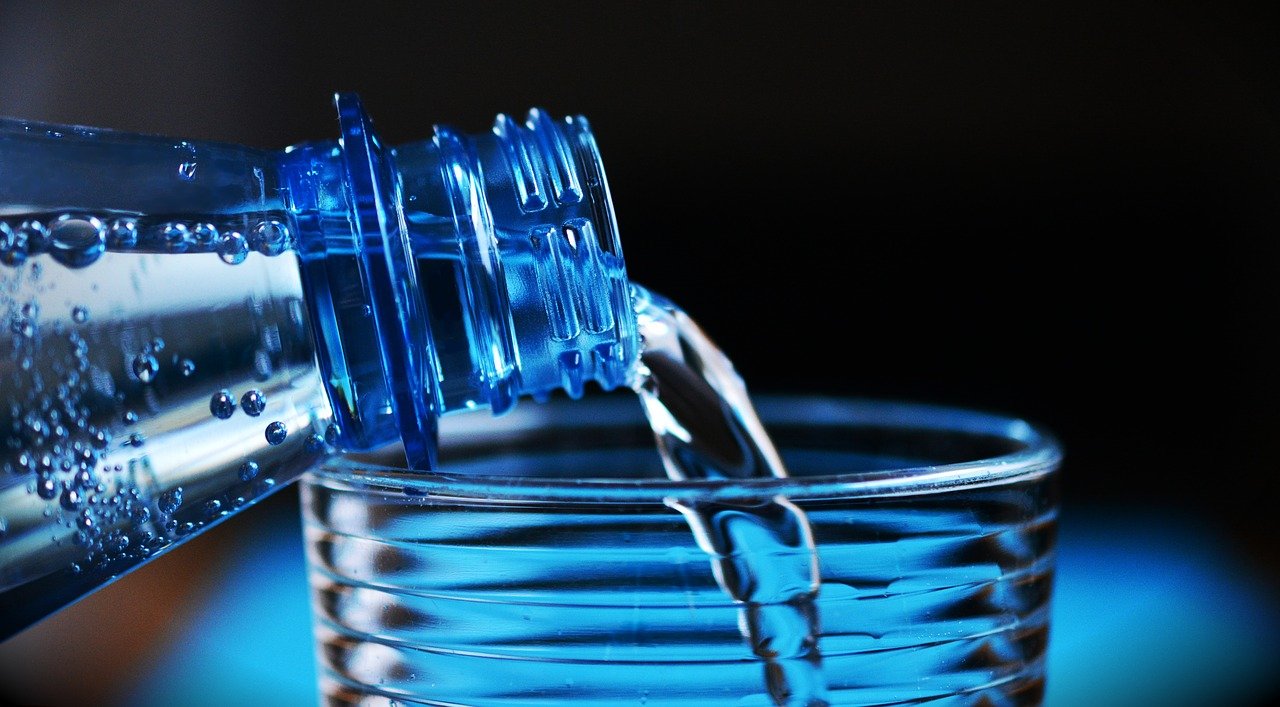Decades ago, before anyone started thinking about hydration, we were okay. But now, we go nowhere without our water bottles.
Why?
Inventing Hydration
Many of us have been told to drink eight 8-ounce cups of water a day. Known as the conventional wisdom, 8 x 8 feeds healthy skin, is good for the kidneys, and prevents constipation. Its origins were reputedly in the 1945 Dietary Guidelines from the National Academy of Sciences. Citing the average male’s weight, they wound up with 8 x 8.
Still, for years, no one believed you should drink before exercising. Sloshing around in our belly, the water was supposed to slow us down. Then though, at the University of Florida, a coach complained that the heat and humidity were exhausting his Gators. The players felt better after drinking some water, salt, and sugar that eventually got a taste of lemon juice, Soon to be called Gatorade, the concoction worked. It only needed a reason to exist beyond the football field.
Our Bottom Line: Demand
And thus, the idea of hydration was born. Or, we could say it was invented. After all, we get our water signals from thirst. Hydration is a different concept. We hydrate all the time, even when we are not thirsty.
From here, hydration got a boost from the emerging science of wellness. During the 1970s, it became connected to a newly imported bubbly water called Perrier and then with Evian. During the 1980s, the development of plastic bottles meant we could travel with our water. The rest of the story is history. We have been hydrating ourselves ever since.
Explaining the phenomenon, an economist would see an increasingly affluent consumer that was concerned with health and exercise. As a good that (reputedly) enhanced each activity, water was a complementary item. On a graph, we could say that as the demand for wellness and exercise grew, so too did the demand for bottled water.
And for inventing hydration.
My sources and more: I first heard about inventing hydration in the Decoder Ring podcast. From there, The Washington Post and this article had more of the facts.






